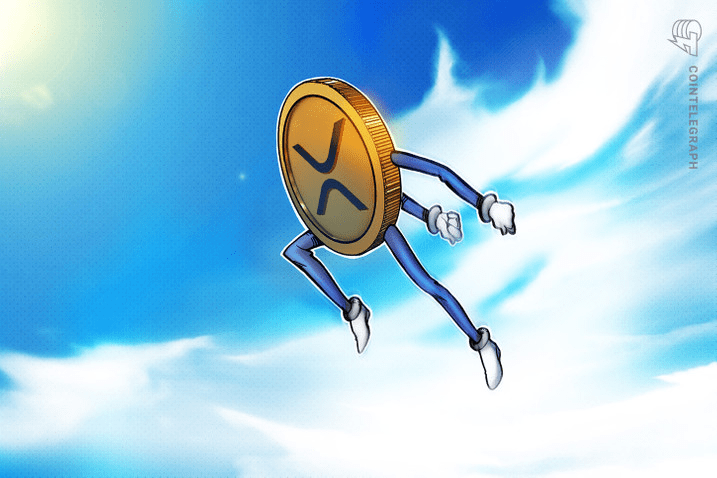As the second-largest altcoin by market capitalization, XRP is hardly far from consideration during periods of significant bullish enthusiasm in the cryptocurrency market. Despite being 85% down from its January 2018 high, recent price spikes have sparked noticeable interest in XRP as investors consider viable diversification candidates for their crypto portfolios.

Any discussion about XRP often includes criticisms of Ripple, a blockchain payments firm that originally created the XRP token. Furthermore, XRP critics argue that Ripple’s ownership of the majority of the token supply, as well as its penchant for dumping “coins” on the market, is likely to erode any significant value for XRP holders.
As a firm located in the United States, Ripple is also contending with the lack of regulatory clarity in the country. The U.S. Securities and Exchange Commission is yet to state whether the XRP token is a security, a ruling that could have significant implications for the firm.
In the absence of clear-cut regulations, U.S.-based investors appear reluctant to risk significant exposure to XRP. Also, traders who bought above $1 back in 2018 might be expecting considerable selling pressure as they attempt to recoup their initial investment, likely keeping prices lower.
With XRP being the third coin by market capitalization, perhaps the token is primed for an institutional push as well. In its 2020 shareholder letter, financial risk management firm FRMO Corp singled out XRP as “one of the more intriguing [crypto]currencies,” adding:
“If the transaction velocity of XRP were to rise greatly, the number of currency units would decline greatly, thereby creating a substantial return even if the coin itself did not experience an increase in market capitalization. It would, however, experience an increase in value per unit.”
It’s perhaps important to point out that FRMO’s analysis relies on an exponential increase in XRP utility, which would cause transaction fee payments to rise significantly. According to the XRP tokenomics model, transaction fees, which are in themselves small fractional units of the token, are burned. On the contrary, this amount is paid to miners and network validators for mined cryptocurrencies.
In theory, a rising utility for XRP would mean a major increase in the total amount collected as fees. Since this amount is inevitably destroyed, XRP’s circulating supply would begin to decline constantly, thus creating a situation where token demand outstrips available coins. This significant decline could be accelerated by the XRP community voting for Ripple to burn all of its XRP token holdings. Earlier in December, Ripple chief technical officer David Schwartz hinted at such a possibility, adding that the company would be unable to stop the move.
XRP price action imminent? A closer look at the market’s #3 crypto, CoinTelegraph, Dec 17